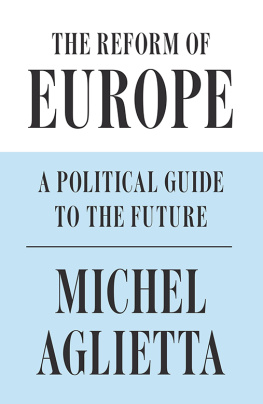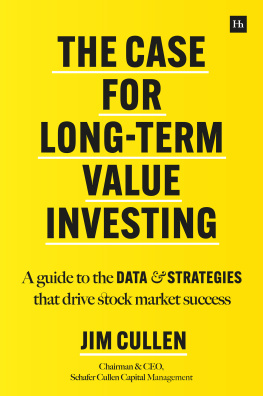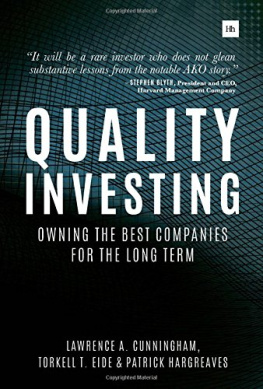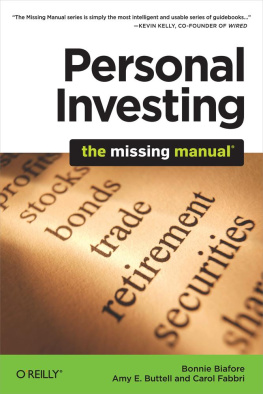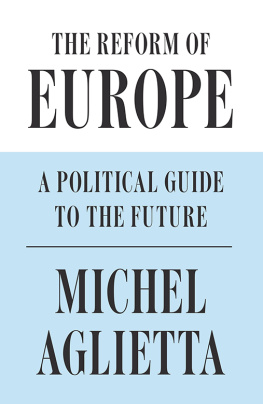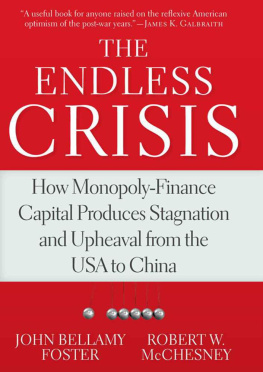Contents

THE REFORM OF EUROPE
THE REFORM
OF EUROPE
__________________________________
A Political Guide to the Future
Michel Aglietta
Translated by Gregory Elliott

This work was published with the help of the French
Ministry of Culture Centre national du livre
Ouvrage publi avec le concours du Ministre franais
charg de la culture Centre national du livre
Cet ouvrage publi dans le cadre du programme daide la publication
bnficie du soutien du Ministre des Affaires Etrangres et du Service
Culturel de lAmbassade de France reprsent aux Etats-Unis.
This work received support from the French Ministry of Foreign
Affairs and the Cultural Services of the French Embassy in the
United States through their publishing assistance program.
First published in English by Verso 2018
First published as Europe: Sortir de la crise et inventer lavenir
Michalon diteur 2014
Translation Gregory Elliott 2018
All rights reserved
The moral rights of the author have been asserted
1 3 5 7 9 10 8 6 4 2
Verso
UK: 6 Meard Street, London W1F 0EG
US: 20 Jay Street, Suite 1010, Brooklyn, NY 11201
versobooks.com
Verso is the imprint of New Left Books
ISBN-13: 978-1-78663-254-8
ISBN-13: 978-1-78663-257-9 (US EBK)
ISBN-13: 978-1-78663-256-2 (UK EBK)
British Library Cataloguing in Publication Data
A catalogue record for this book is available from the British Library
Library of Congress Cataloging-in-Publication Data
A catalog record for this book is available from the Library of Congress
Typeset in Minion Pro by Hewer Text UK Ltd, Edinburgh
Printed and bound by CPI Group (UK) Ltd, Croydon, CR0 4YY
This work develops, and explores in greater depth, a number of themes broached in Zone euro: clatement ou fdration, published by ditions Michalon in 2012 in the midst of the crisis. A distance of two years has made it possible to undertake a more precise analysis of our persistent woes and to put the reforms required to escape them in perspective. An afterword updates the problems and perspectives to the end of 2017.
Finalization of this book has benefited from the criticisms and suggestions of Benot Mojon (Banque de France) and Thomas Brand (CEPII), as well as a careful reading and formatting by Richard Robert (Paris Inovation Review). I am grateful to them. Any remaining errors are my responsibility.
Michel Aglietta
Contents
A t the time Reform of Europe was written summer 2014 the eurozone remained a source of concern. On average, the per capita GDP of member-states has still not returned to its level of late 2007. As for productive investment, it has fallen almost continuously, and is now roughly 20 per cent below its pre-crisis level. This deplorable situation affords an arresting contrast with the United States. It experienced a deeper recession than Europe following the peak of the financial crisis. But it was able to bounce back and comfortably outstrip pre-crisis levels of activity thanks to a revival of productivity at rates approximating to the past, when definitive losses due to the crisis are excluded. By contrast, the total productivity of all factors of production has fallen in Europe since 2007. There is no doubting that our continent is the sick man of the world economy.
Is this attributable to the inevitable decline of the old world in the face of new, rising forces? Or to generally ageing populations, to a formal democracy that has run out of steam and is incapable of mobilizing citizens, to a social model not adapted to changes in the world? Or, more prosaically, is it the pusillanimity of Europes political leaders, inheritors of a worthy project who lack the calibre to give it new momentum? Probably a bit of each. At all events, that is what I shall be endeavouring to find out here.
In a previous work, written in autumn 2011 and published by the same house, I have already explored these issues. The crisis of the eurozone was at its height, and the question I raised was stark: break-up or federation? The financial crisis of 200708 did not spare Europe. Its banks were heavily involved in the international lobby whose excesses and malfeasance caused the crisis. But the key thing is that this shock exposed much deeper, much older structural flaws, which largely account for Europes inability to drag itself out of stagnation. The affliction can be encapsulated in a phrase: incompletion of the euro. In effect, the euro is not merely the currency of the zone whose name it bears. It has become the basis of the whole European project. For the euro is intimately linked to financial unification, or the single market in financial services. The withdrawal of a sizeable country from the euro or, still worse, its disappearance would inevitably lead to capital controls, as indicated by the Cypriot example, and hence a regression in the European project.
In the crucial days of NovemberDecember 2011, when the European Central Bank had just changed presidents, the question was clear: Would the political leaders of the member-states have the convictions and lucidity required to save the euro? The answer was forthcoming in the first half of 2012. Two major decisions were taken: the signing of a treaty of fiscal union in March and plans to establish a banking union in June. These were significant events, because they indicated that member-states identified the euro as a common good which is the basis of the whole European project. It must therefore be defended at any cost. Two years on, however, we find that these decisions, albeit central, have yet to improve either the effectiveness of political governance in the eurozone or the performance of its economies, which have sunk deeper into crisis. We need to understand what is happening. That is why the time was right for this new book.
It seeks to answer ten questions questions which citizens concerned about their own future or that of their children are asking or might ask. analyse what has happened since 2010: the crisis specific to the eurozone. We shall see how and why Europe ended up facing the threat of long-term stagnation. We shall also explore the institutional changes consequent upon the decisions of 2012, and see why they have not changed the governance of the eurozone, which remains paralyzed by disputes, suspicion and fragile compromises. The worst thing is the fiscal goals that governments and the European Commission persist in proclaiming, when they know them to be unrealistic: they are incompatible with fiscal consolidation in the wake of a financial crisis, and are not underpinned by a policy of shared growth.
extends this general analysis, demonstrating that the heterogeneity of the eurozones member-states is a handicap. The creation of the euro did not advance their cooperation in macroeconomic policy or lead to common political decision-making bodies. That is why the euro is an incomplete currency. As a result, monetary union has yielded the opposite of what its promoters hoped for. They anticipated a convergence in member-states productive structures thanks to financial unification, which would finance productive investment in the new monetary zones less advanced countries. In the event, what transpired was growing divergence: far from sustaining an upgrading of the productive apparatus, interest-rate convergence fuelled speculative property investment. After the financial crisis, this divergence brought about a polarization between creditor and debtor countries that has exacerbated political conflicts, deferred urgent decisions and converted them into half-measures. Persistent sharp policy conflicts between Germany on one side, and France and Italy on the other, over how to emerge from the stagnation sapping the eurozone while improving the public finances of all states remain a major threat. Germanys economic situation is less robust than it seems. The danger is a coarsening of political debate, leading throughout Europe to the pursuit of restrictive policies whose social consequences could increase the influence of populist movements in France and elsewhere, resulting in a dramatic decline of the European Community.

